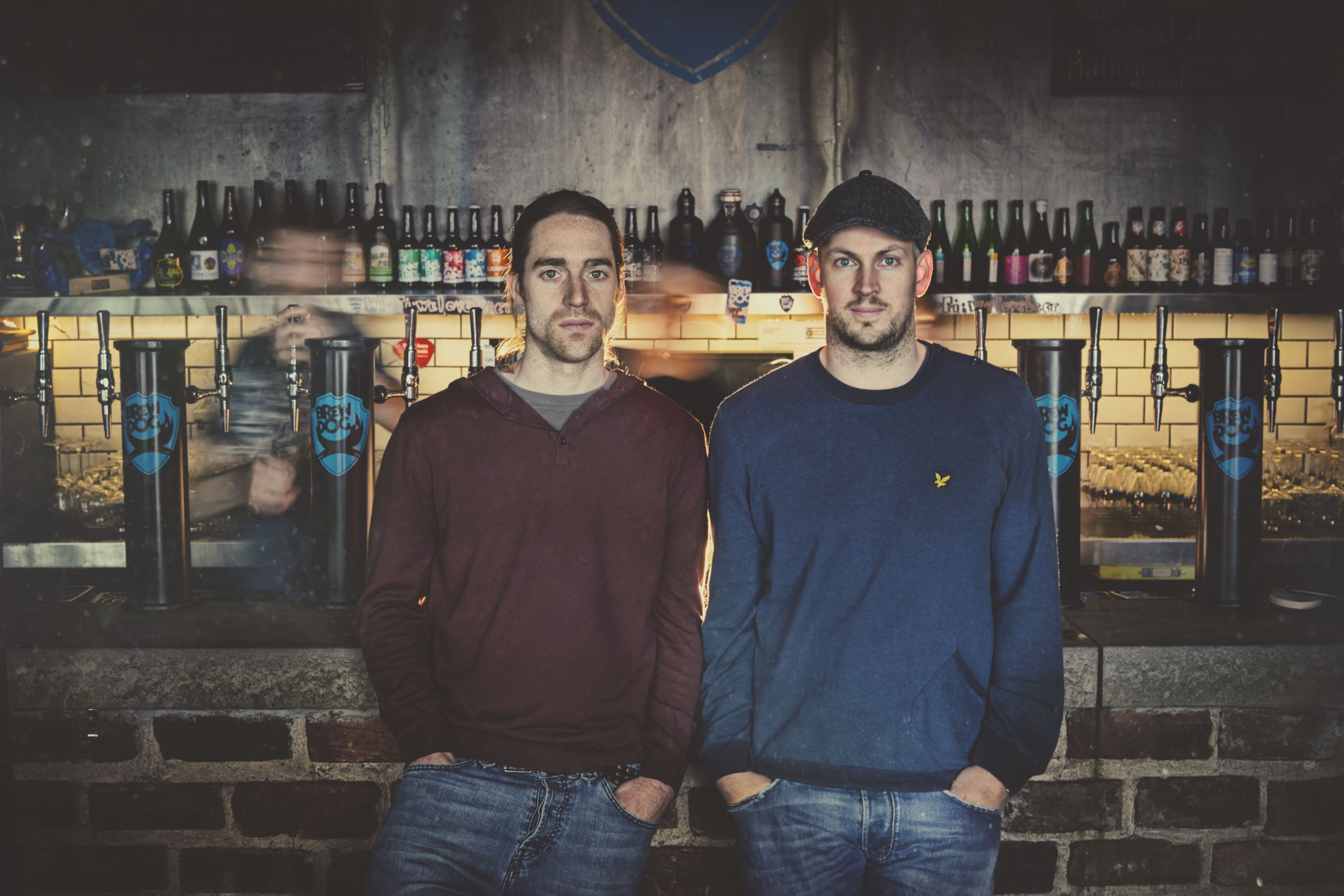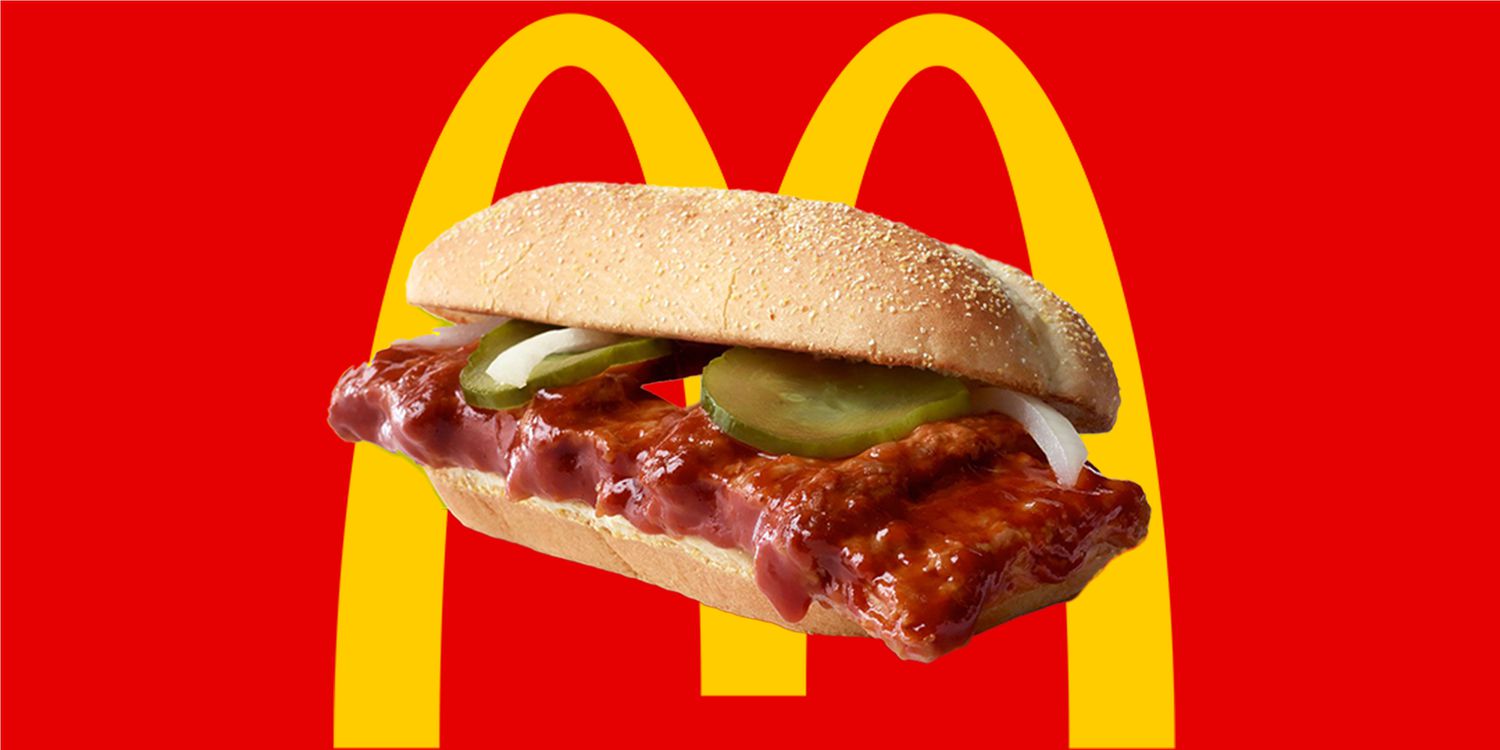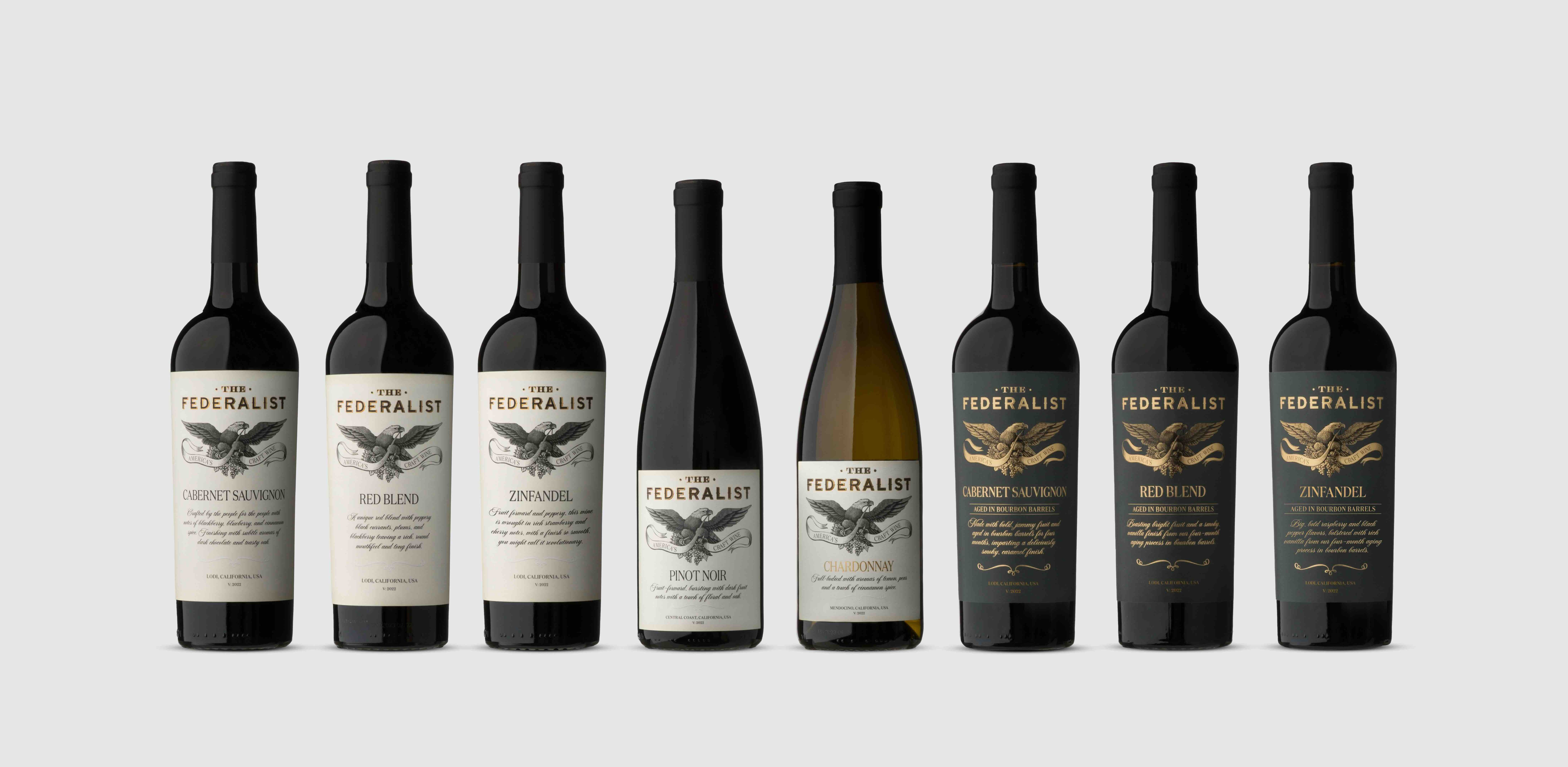The craft beer phenomenon has become such a big business that it is danger of creating beers, brands, brewers and distributors that might claim to have craft credentials, but are anything but. Brewdog founders, James Watt and Martin Dickie, are better placed than anyone to give their definition of what they think still constitutes craft. It’s even meant writing a book, BrewDog: Craft Beer for the People, to prove their point. Here’s their definition of craft.
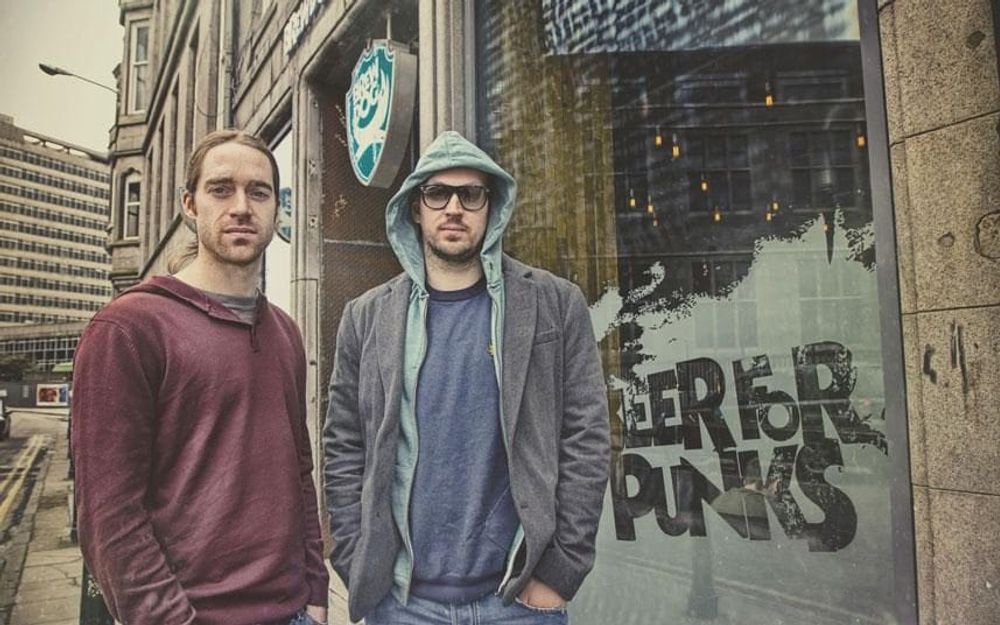
Brewdog founders Martin Dickie and James Watt have succeeded in creating a craft beer brand that is now a multi-million pound business
To paraphrase Oscar Wilde, craft beer is the unstoppable pursuit of the indefinable. This modern term that screams out from bar chalkboards and bottle labels the length of the country must mean something. At first it brings to mind rustic workshops with sawdust hanging in beams of afternoon sunlight, or craft stalls with tables bearing hand-stitched cushions and earrings made from seashells. Isn’t beer just…well, beer?
Let’s start with an analogy. Imagine, for a minute, that music is your overriding passion. Entranced by that first Nirvana/ Miles Davis/Ace of Base track you heard, you were drawn in. From that moment, you wanted to make music at the expense of everything else. So at home you picked up a guitar or a pair of drumsticks, or began writing lyrics. And the results were terrible. You couldn’t hit any notes; your voice fumbled rather than soared. But instead of quitting you kept going. You were bad, but f**k it – you just did it anyway. And after months or even years of practice at home, you reached a level of skill and confidence where you could audition to join a band.
So you did.
At first your band also struggled – using new equipment, working together instead of individually made things hard. It took a while to get everything and everyone in sync. But you kept on, driven by your all-consuming love of music. Eventually you started to play gigs, even though nobody knew who you were. Only your parents and close friends showed up – and they only said the right things when you asked for feedback. But one day people you didn’t know paid money to discover what you were about.
This was the moment you had dreamed of ever since you started out playing at home, alone. Yet the hard work still continued, with long hours and relatively little reward at the end of each day. It took months or even years of effort, until you began to notice a difference. Eventually, after your band had logged dozens of new releases and attended more festivals than you could hope to remember, word of mouth had spread to the extent where people were handing over enough money for you and your bandmates to begin to earn a modest living.
You had finally made it.
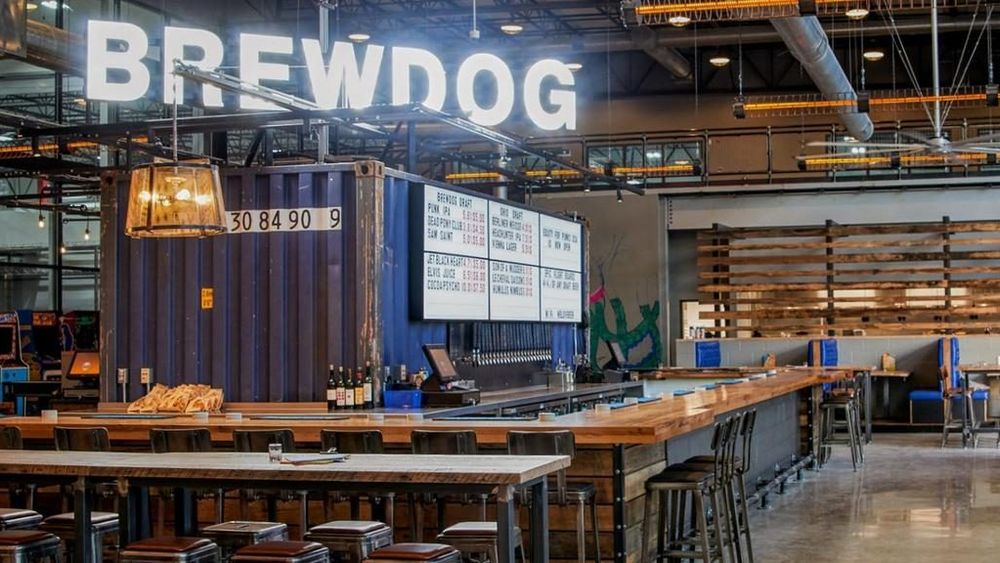
Brewdog has succeeded in expanded its brand name in to being a bar in its own right as well as making the beers it sells
All swagger, no substance
And then almost overnight, there was a new band everyone was talking about on the TV. They looked the part, but to you there was something not quite right about them. When they played their instruments, they were actually miming. They were all swagger; no substance. Genuine music fans could spot the difference a mile off, but people new to the genre flocked to their music. Even when it turned out that this new band had been put together by a record label, styled to look and sound like they belonged. All your hard work, long hours and knockbacks were bypassed in days.
The big money men had arrived and they had brought their impostors with them. Your style of music had become so successful, they were attempting to commoditse it. While you were in it for the love of music, they were only interested in the bottom line. Your spirit of creativity and adventure had been piggybacked on overnight. How would this make you feel?
The craft beer movement is gaining a greater share of the market with each passing year through the passion and skill of those who wield brewing equipment (as opposed to instruments). From careers honed through homebrewing to collaborations between like-minded breweries around the world, it is a movement driven by creativity.
When any creative industry breaks into the mainstream, others take notice. Just as with big record labels and their manufactured acts, the money men in brewing have cottoned on to the success and hard work of others. They want a slice of craft beer.
Beware the corporates
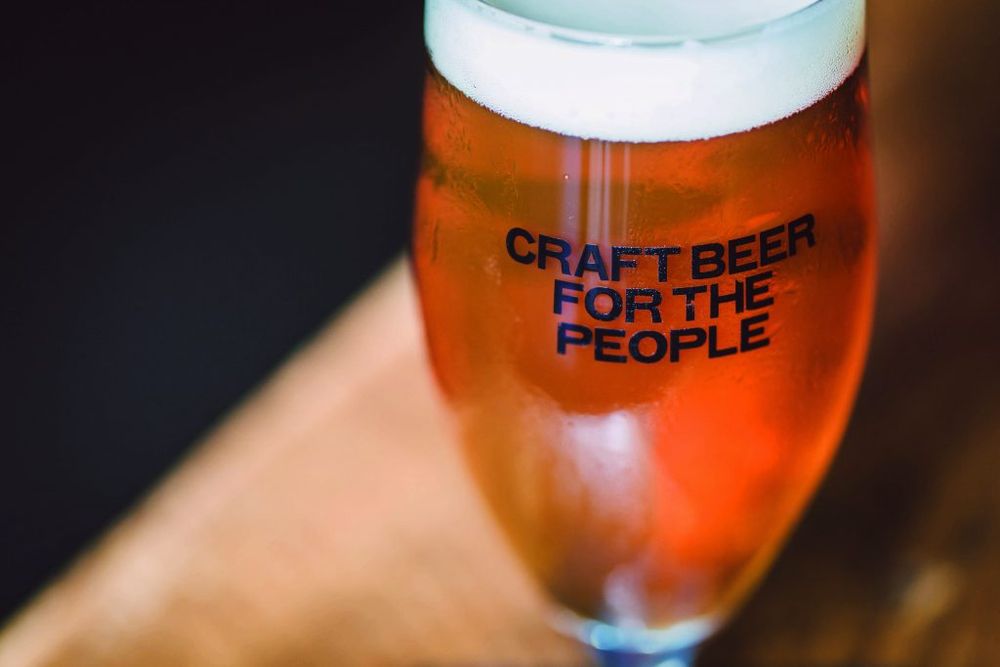
It’s the motto that has helped Brewdog set the rules when it comes to craft beer
Typically, there are two ways they go about this. Industrial lager brands are now creating fake craft beer that looks authentic, but on closer inspection mimes the instruments. This so-called “crafty” beer is an affront to everyone who worked hard to get where they are.
The other tactic to which corporate beer resorts is even more abrupt; they simply take over existing craft breweries. It’s ambulance-chasing on a grand scale – see who is doing well and adopt chequebook diplomacy. Screw the people who work for the breweries and buy the name.
No more hoodwinking
It may be oafish, but why is it a problem? Well, for those of us truly passionate about the craft beer sector, these newcomers devalue the term, as they seek to confuse and hoodwink the beer drinker. The beers are like band T-shirts worn by people who can’t name an album and the companies are simply snake-oil salesmen.
Everything we and many other craft breweries up and down the country work for is done for the love of brewing amazing beer, using the best ingredients, in the right way. Craft beer is a point of difference. A rallying call and a badge of recognition: not something these newcomers should be able to hide behind.
But this is where you come in.
Whether you’re a beer veteran or a virgin, read up a little. Such is the variety of amazing beer out there, research rewards in kind. Visit your local craft brewer. Follow them on social media (craft brewers usually handle their own rather than paying a branding agency). Try as many different styles as you can; listen to recommendations.
So when faced with a new “craft beer” from a “craft brewery” that you haven’t seen before, you can be your own best judge. Sample it against something similar you know and trust. It won’t take more than a few sips of each to learn what flashy advertising, big budgets and profiling can’t hide.
- You can read this and a whole book worth of thoughts on craft beers and craft brewing in BrewDog: Craft Beer for the People by Richard Taylor with James Watt & Martin Dickie published by Mitchell Beazley, £20 (www.octopusbooks.co.uk). Photography by Paul Winch-Furness and Karl Adamson.
